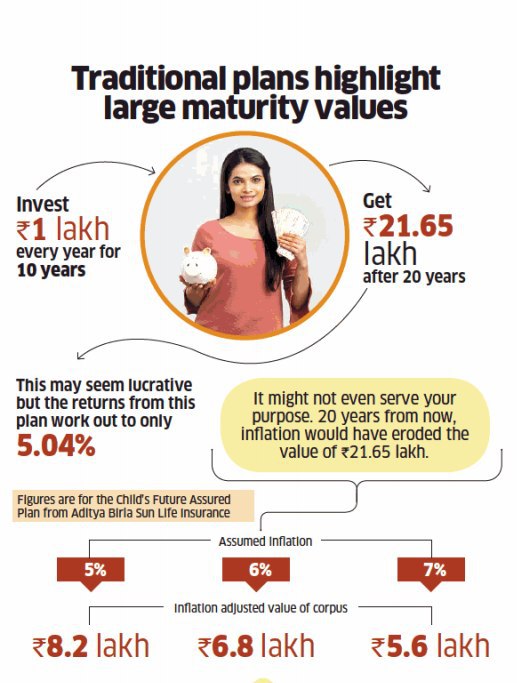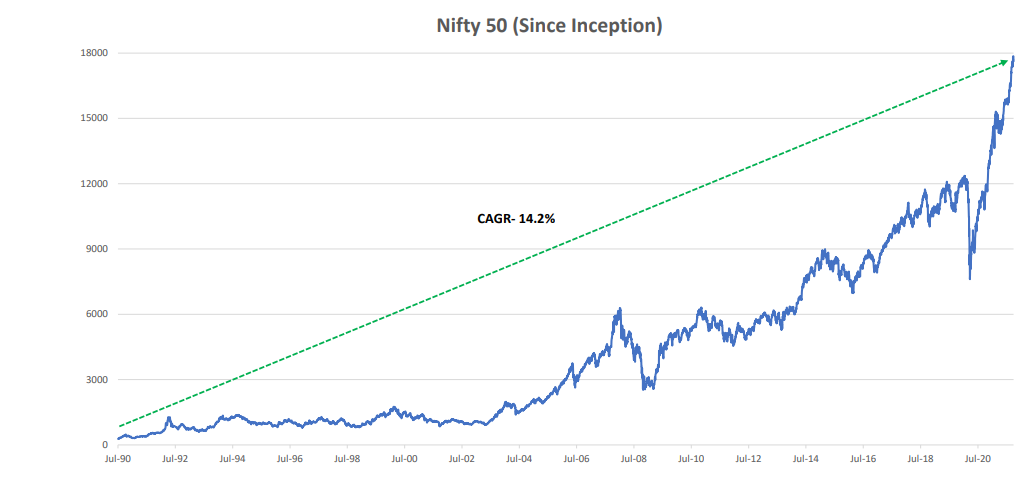
When a new post commander arrived at an Army base, he was surprised to see a couple of his soldiers standing guard over an empty bench. It seemed odd for soldiers to do this, so he asked a sergeant who had been on base for a few years why the bench was being guarded.
“I don’t know why,” the sergeant said, “but I’ve heard we’ve had men assigned to that bench for the past 35 years.” The post commander dug through personnel files and found the name of the man who was in charge 35 years ago. He gave him a call.
“I’m the new post commander, and I have a question for you,” he said. “Why is that bench so heavily guarded?” The old retiree was shocked. “You mean the paint still isn’t dry?”
Times Change And Sometimes Advice Becomes Antiquated
It’s a blessing to have family members that love and care for you. They give great advice (both asked and not asked for) and offer a listening ear through thick and thin.
From car problems to family recipes, there’s always someone in the family to go to.
When it comes to personal finance, however, things get a bit “iffy.”
Some financial advice is good, some of it lacks context and important caveats, while some advice isn’t so great.
Let’s look at common pieces of advice and discuss why they aren’t the best.
Renting Is Throwing Money Away
“You need to buy a house ASAP before housing becomes even more expensive! Real estate prices only go up, so don’t delay in purchasing a house.” Probably the most common financial advice with the rationale that you are contributing to someone else building their property instead of contributing to building your own.
What To Do?
In your 20s and 30s don’t be in a hurry to buy a house. Renting gives you immense flexibility over buying a house, which often brings along a huge debt. People’s needs change over years, but a self-owned house doesn’t. Selling/buying a house is also an ordeal in itself, as the valuation is vague and often not matched by the market.
Insurance Products Are Investment Options
It is crucial to understand that insurance and investing have completely different goals. Parents who relied on traditional insurance plans to achieve financial goals pass the learning on to their children. Not only do traditional plans give very low returns, but they also provide insufficient coverage.
Many people have had a LIC policy even before they started working. Overenthusiastic parents start the policy and pass on the premium baton a few years later.

What To Do Instead
If your goal is to build wealth, you’re better off buying term insurance and investing the difference in mutual funds.
The Stock Market Is A Gamble
After the market corrected last March, many pointed out that the past 5-year FD and PF returns beat those of Mutual funds. So one should stay wary of the stock market. While volatility may frighten those closer to retirement, there are many reasons to stay optimistic. Especially if you have a long investing timeline ahead.
Although the media fixates on stock market swings, history shows an upward trajectory. Over the past three decades, there have been some big drops but the numbers still move upward. If you don’t invest, you could miss out on many years of compounded growth.

What To Do?
Buy every month come what may. In a simple SIP, you will inevitably buy equities at BAD prices some of the time. You will also certainly buy equities at GREAT prices some of the time. The returns from buying equities at GREAT prices compensate (usually overcompensate) for the lower returns obtained from phases where you bought at BAD prices earning you decent returns over the long run!
Invest In Fixed Deposits
Most people consider fixed deposit the most convenient and safe investment option. FDs give a fixed and stable return and most people prefer ‘guaranteed returns’ over ‘risky returns’. Money in a bank account is safe and bank deposits also have good liquidity. You can withdraw money anytime you want post-maturity.
While investing in FDs is convenient and safe, it is certainly a poor choice for long-term investment due to its low return.
Why Not To Invest In FDs For The Long term
- Taxation: The interest earned on FDs is fully taxable, unlike savings account which offers tax exemption on interest earned up to Rs 10,000 per year. The tax on FDs is deducted at source. If you fall in the 30% income tax slab, 30% of the interest earned on FD will be deducted
- Inflation: The current inflation rate is 5%. Unless you are earning higher returns than this, you are losing purchasing power.
What to do?
If you want regular income, debt funds are still better than bank FDs due to the long term tax efficiency. You can withdraw from your corpus or set up automatic withdrawals.
Buy Gold
Gold is a go-to investment for us Indians. Many families usually buy small quantities of physical gold for their child’s wedding. But is this a wise choice? If one buys jewellery years before the event, the design could be old-fashioned. If one buys bars or coins, there will be storage costs.
What to do?
Gold ETFs or mutual funds are an ideal route to investing in gold. They allow you to capture the full price movement. They are liquid, have transparency in pricing and involve lower costs. Buying, storing and selling physical gold is inconvenient, unsafe, and expensive.
Create your own plan
Even if your parents are financially adept, it helps to design your own financial plan.
Blindly taking anyone’s advice is a bad idea.
Ask yourself: ‘What is it I’m looking for, and how do I want to get there? What do I want to do with my life? Money exists to serve that purpose.
If you’ve made mistakes, the good news is you can usually fix them.
